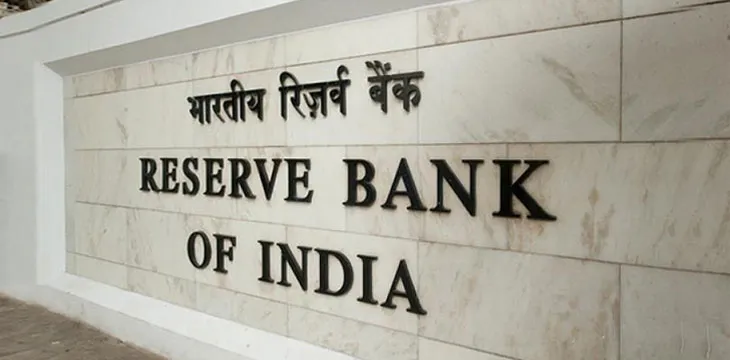|
Getting your Trinity Audio player ready...
|
The Reserve Bank of India (RBI) recently decided that all banks and entities under its control would be prohibited from doing business with any person or entity involved with cryptocurrencies. The decision, for obvious reasons, didn’t sit well with the community and now CoinRecoil exchange is looking for justice. CoinRecoil has taken its case to the Delhi High Court, in hopes that the court will force RBI’s hand and make it see the light.
CoinRecoil is arguing that the bank’s position violates the country’s constitution. Specifically, as it relates to the rights of an individual to conduct any activity, business or trade without fear of discrimination. It also emphasizes that the constitution guarantees freedom of trade and commerce, and that RBI is not playing by the rules.
The RBI released a statement at the beginning of the month, stating that banks could not have any ties to cryptocurrency. In the statement, it said, “Virtual currencies raise concerns of consumer protection, market integrity and money laundering, among others.” What the bank failed to realize is that those concerns exist in the traditional money markets, as well.
In the petition to the courts, CoinRecoil’s parent company, Kali Digital Eco-Systems Pvt Ltd, called out the RBI, the Goods and Services Tax (GST) Council, as well as the finance ministry. CoinRecoil specifically pointed to the GST Council, demanding to know why it has yet to create any tax policies for cryptocurrency exchanges.
Cryptocurrency-linked businesses could decide to abandon India completely as a result of RBI’s decision. There are several crypto-friendly countries from which to choose, including Dubai, Malta, Japan, Switzerland or Singapore. Shubham Yadav, who co-founded the Indian crypto exchange Coindelta, was quoted by Quartz India saying, “It won’t be possible for us to function in the current regulatory environment with existing business models. Therefore, several firms are looking at registering their head offices out of India.”
The RBI decision takes effect on July 6. Until then, crypto enthusiasts are still able to purchase digital assets with rupees. After that date, however, only crypto-to-crypto operations will be allowed. This means that investors who already own cryptocurrency will be exchange it for another coin. Anyone looking to get in on the action, however, would only be allowed to conduct peer-to-peer transactions, a solution that is considered to be unsecure and could lead to fraud.

 07-09-2025
07-09-2025 





